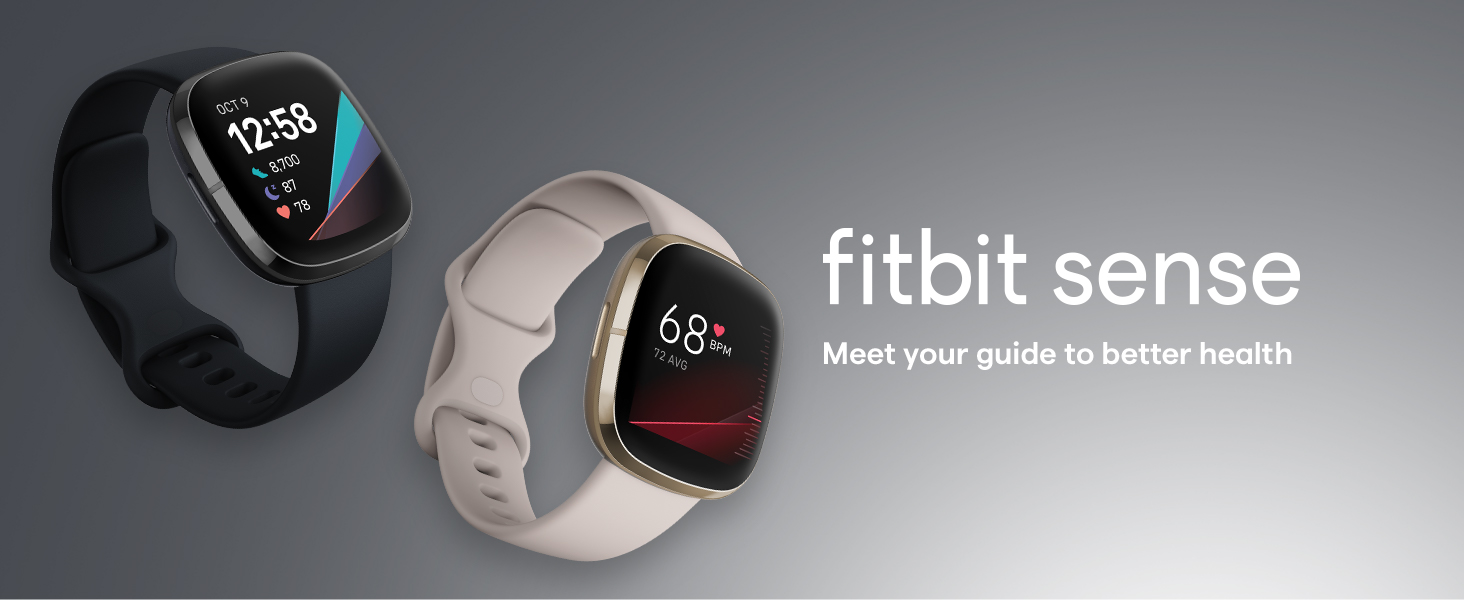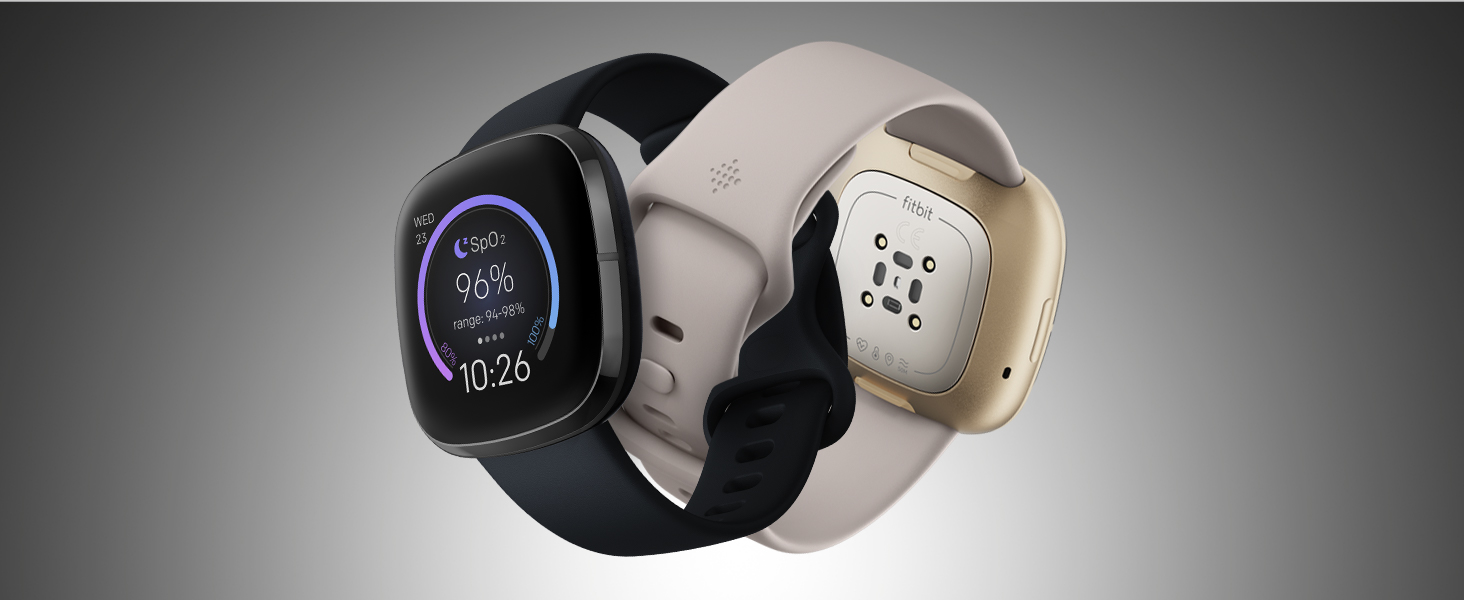Desert Online General Trading LLC
Dubai, United Arab Emirates







⌚ Elevate Your Wellness Game!
The Fitbit Sense Advanced Smartwatch is a cutting-edge health companion designed for the modern professional. With features like EDA Scan for stress management, a skin temperature sensor, and heart health monitoring, it empowers users to take control of their well-being. The watch also boasts a long-lasting battery, built-in GPS, and voice assistant capabilities, making it perfect for both fitness enthusiasts and busy professionals.



TrustPilot
2天前
2 个月前